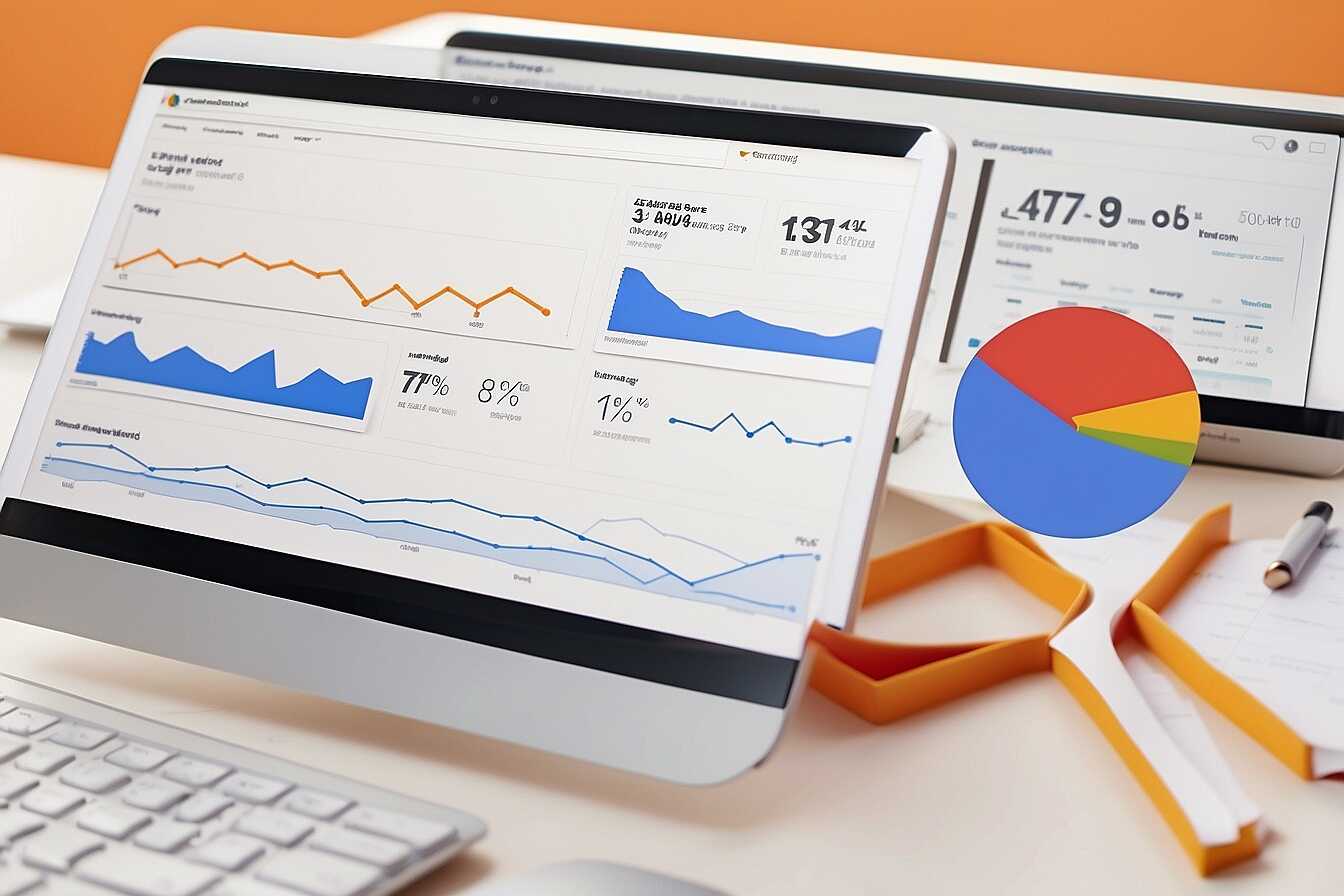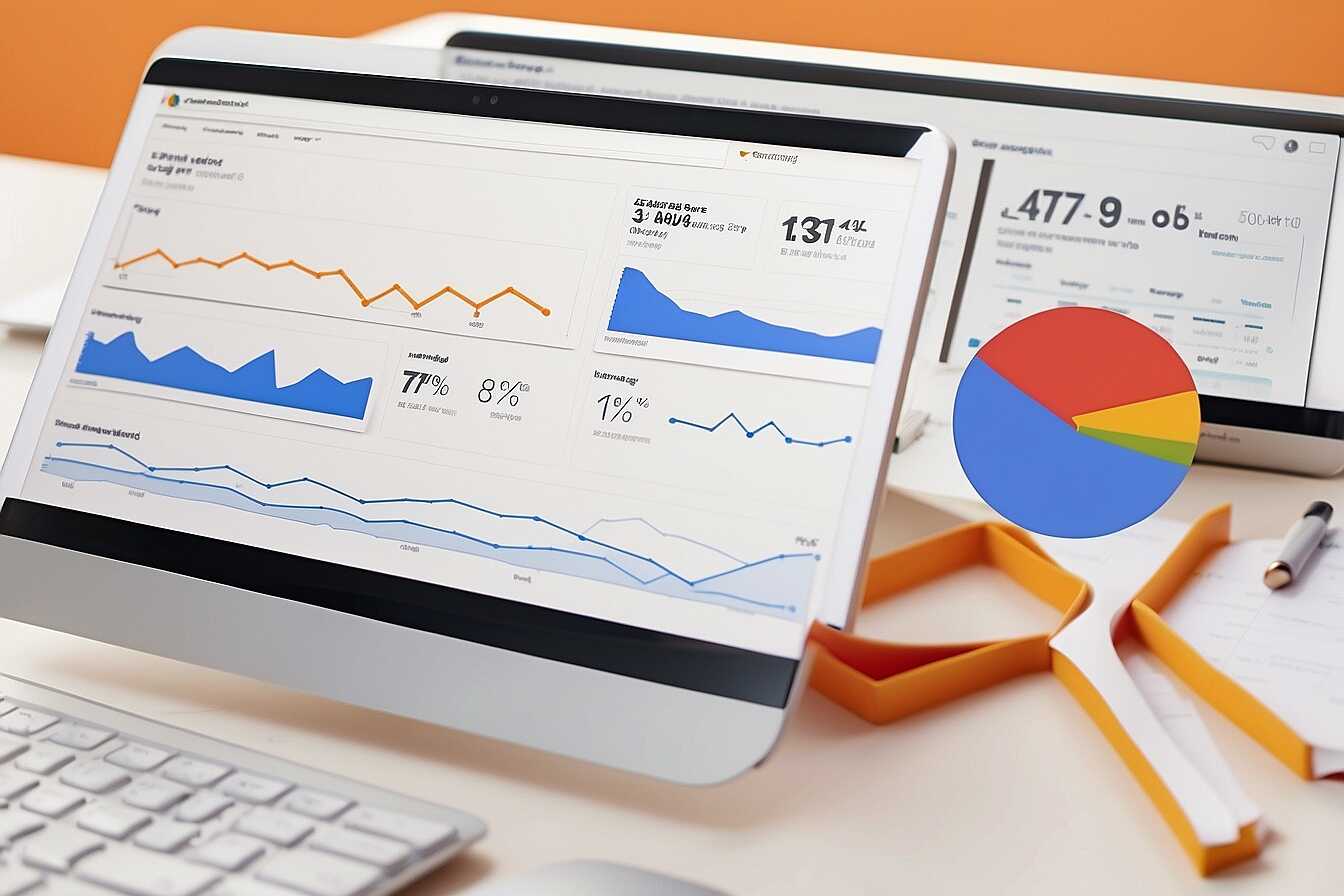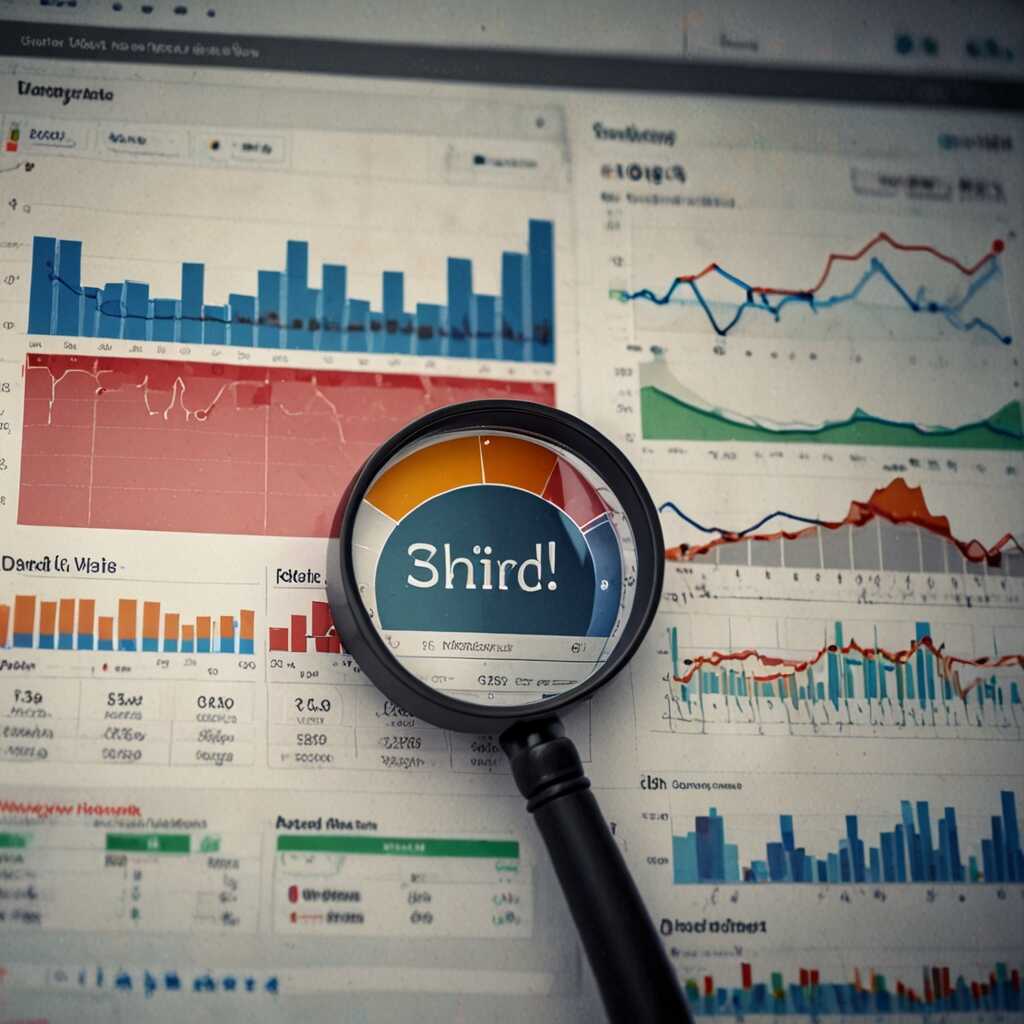Boosting local SEO and customer engagement through social media strategies is essential for success in today’s digital landscape. By effectively utilizing social media platforms, local businesses can enhance their online presence and connect better with their community. At Metrics Rule, located in Vancouver, we specialize in helping businesses optimize their SEO and leverage social media to drive customer interaction. Implementing best practices in these areas not only improves search visibility but also fosters meaningful relationships with customers.
Exploring the Connection Between Social Media and Local SEO
Social media enhances local SEO performance by driving traffic to websites and generating engagement, which Google considers when ranking search results. Key platforms, such as Facebook, Instagram, and Twitter, facilitate interactions and content sharing, further enhancing local search visibility. Research shows 90% of consumers read online reviews on these platforms before engaging with local businesses, affecting their final decisions.
Key Social Media Platforms Impacting Local SEO
Facebook, Instagram, and Yelp are pivotal in impacting local SEO for businesses. Facebook allows companies to create business pages, share updates, and engage with customers through posts and groups. Instagram’s visual appeal helps showcase products, driving user engagement and brand awareness. Yelp’s focus on reviews means businesses must maintain high-quality ratings, as positive reviews significantly influence local search rankings and customer trust.
Selecting the Best Social Media Platforms for Local Engagement
Identifying the right social media platforms is essential for boosting local engagement. Popular platforms like Facebook, Instagram, and Twitter can effectively enhance local customer outreach. Each platform attracts different demographics, with Facebook’s broad user base allowing for targeted advertising, while Instagram’s visual focus is ideal for showcasing products. Research indicates that Instagram has a particularly strong following among younger audiences, making it invaluable for businesses targeting that group. In local markets, engagement rates can vary significantly, so testing different platforms is key to understanding what resonates with your audience.
Understanding Your Local Audience for Effective Platform Selection
To choose the best social media platforms, analyze your local audience’s preferences and behaviors. For example, in Vancouver, many young adults and professionals are active on Instagram, making it a prime channel for local businesses in fashion and food sectors. By researching user demographics and engagement levels on platforms like Facebook and LinkedIn, you can craft a strategy that aligns with your audience’s habits and interests. Metrics Rule can help by providing insights into which platforms will enhance your reach and engagement, ensuring your local marketing efforts are effective and data-driven.

Developing Shareable Content to Boost Customer Interaction
Creating shareable content is key to enhancing customer interaction on social media. Effective strategies include knowing your audience, using captivating visuals, and telling compelling stories. Utilize data to identify trending topics and tailor your content accordingly. Content that resonates with users is more likely to be shared. Engage your audience by asking questions or encouraging them to share their experiences. This approach not only drives interaction but also supports your local SEO efforts by increasing visibility.
Types of Content That Encourage Sharing
Different content types have varying levels of appeal and sharing potential among audiences. For instance, how-to guides and listicles often perform well because they offer easily digestible information. Infographics can provide complex data visually, making them highly shareable. User-generated content enhances engagement as customers relate more to their peers. Also, videos have a high share potential, especially on platforms like Facebook and Instagram. Ensuring your content is designed to be relatable and informative improves your chances of being shared, thus boosting your overall SEO performance.
Numerical Insights on Local Visibility and Connectivity
- Over 70% of consumers use social media to discover local businesses.
- Businesses that engage on social media see a 15-20% increase in local SEO rankings.
- 88% of customers trust online reviews as much as personal recommendations.
- Near 60% of social media users prefer interacting with brands on these platforms.
- Approximately 90% of customers read online reviews before visiting a local business.
- Local companies with active social media profiles are 50% more likely to attract customers.
- Businesses that post on social media at least twice a week experience higher customer engagement rates.
Harnessing the Power of Customer Testimonials and Reviews
Customer testimonials are a powerful tool for improving local SEO rankings. When potential customers see positive reviews on platforms like Google My Business or Yelp, it builds trust and encourages engagement. Reviews can enhance your online visibility by signaling to search engines that your business is reliable and relevant to local queries. User-generated content boosts your website’s credibility, resulting in better rankings and organic traffic. Incorporating a comprehensive review collection strategy on platforms such as Facebook and Instagram can provide ongoing feedback that keeps your brand engaged with its audience.
Effective Review Collection Strategies for Local Businesses
For local businesses, implementing effective review collection strategies is essential. Start by encouraging satisfied customers to leave reviews on Google, Facebook, or industry-specific platforms. You can prompt customers through follow-up emails, incentivize them with discounts, or even provide an easy link to the review page. Aim for a minimum of 10-20 quality reviews to significantly enhance your online presence. Consistently monitoring the feedback and responding to reviews can further improve customer relationships. By leveraging customer testimonials effectively, local businesses can create a robust online reputation that drives more traffic and conversion through organic search.

Applying SEO Techniques to Your Social Media Strategy
To optimize your social media posts with relevant keywords, start by researching popular keywords in your industry. Use tools like Google Keyword Planner to identify terms that potential customers search for. Include these keywords in your post captions, images, and alt texts to boost visibility. Moreover, incorporating industry-specific hashtags can enhance your reach. You can utilize 5-10 relevant hashtags per post to connect with targeted audiences. Remember, the balance between creating engaging content and implementing SEO keywords is crucial; aim for a 70/30 ratio where 70% focuses on engagement and 30% on SEO.
Best Practices for Using Hashtags in Social Media Posts
Using industry-specific hashtags is essential for increasing your local SEO strategies on social media. Start by analyzing competitors and influencers in your niche to find popular hashtags. Tools like Hashtagify can help identify the most effective ones. Use a mixture of broad and niche hashtags to maximize exposure. For instance, combine general hashtags like #Vancouver with niche ones like #VancouverEcommerce for better targeting. Always consider the relevance and popularity of your hashtags to ensure they drive traffic effectively. Regularly assess engagement metrics to understand which hashtags improve your post visibility and customer reach.
Advantages of Social Platforms for Neighborhood Growth
- Boosted brand awareness leads to more local customers finding your business.
- Social media strategies enhance local SEO efforts effectively.
- Increased customer engagement builds community trust and loyalty.
- Enhanced customer interactions encourage positive online reviews and feedback.
- Marketing on social networks can promote special offers to local patrons.
- Real-time customer service on social media improves user experiences.
- Targeted advertising can reach specific demographics in your area.

Tracking and Analyzing Social Media’s Effect on SEO Success
To gauge the impact of social media on local SEO performance, several reliable tools can be utilized. Tools like Google Analytics and SEMrush provide insights into how social media traffic contributes to website performance. Engaging on social media platforms enhances brand awareness and can lead to better organic search rankings. You should regularly review key metrics like website traffic, conversion rates, and user engagement, which reflect your social media strategies’ efficacy over time.
Key Metrics for Measuring Social Media Impact on SEO
When measuring the impact of social media on local SEO, focus on essential metrics such as CTR (Click-Through Rate) and organic traffic growth. Monitoring these metrics helps in understanding how social media channels drive users to your website. Implementing analytics data from both Google Analytics and social media platforms provides a comprehensive view. A proven approach is to perform comparison tests to see how social media campaigns alter user behavior and SEO outcomes efficiently. This can include tracking keyword rankings before and after a significant campaign launch, revealing useful insights into what works best.
Creating Collaborative Opportunities with Local Businesses
Effective strategies for building local partnerships through social media include co-hosting events, sharing each other’s content, and running joint promotions. Leveraging these partnerships can enhance your online visibility and authority within the community significantly. Collaborating with local businesses creates cross-promotion opportunities that can lead to a broader audience reach and improved customer engagement. Studies show that around 79% of consumers trust online reviews as much as personal recommendations, indicating that positive partnerships can further bolster your reputation and reliability as a local business.
Promoting Joint Events on Social Media
Promoting joint events on social media is a powerful way to attract attention and build a community connection. By coordinating with other local businesses for events, you can create a platform to showcase each other’s services while also drawing traffic to your respective social media channels. Engaging marketing strategies include live events, pop-up markets, or online webinars, which can enhance engagement and provide an interactive customer experience. This collaborative approach boosts local SEO, as shared posts increase your reach and engagement rates on platforms like Facebook and Instagram, allowing you to build a formidable presence within Vancouver’s business landscape.
Brands Embracing Local Strategies and Their Impact
- Facebook offers extensive tools for local business promotion, including targeted ads.
- Instagram showcases visual content, attracting younger audiences eager for exploration.
- Twitter allows quick communication, connecting brands with local customers promptly.
- Yelp focuses on reviews and ratings, motivating businesses to improve their services.
- Nextdoor creates a hyper-local network for neighborhood recommendations and events.
- LinkedIn connects businesses with local professionals, aiding B2B services.
- Google My Business enhances local visibility through impactful listings and reviews.
Adapting to Evolving Trends in Social Media and SEO
Staying informed about the latest trends in social media helps local businesses enhance their local SEO. Social media platforms frequently introduce algorithm updates, which can drastically affect visibility. For example, in 2023, there were significant changes to algorithms that prioritize relevant, high-quality content over sheer quantity. Local businesses should regularly review their social media strategies to ensure they align with these updates, as adapting can lead to increased customer engagement and drive more organic traffic. Utilize social media analytics to test which content resonates best with your audience, thus improving performance in both social media and SEO.
Understanding Algorithm Changes and Their Effects
It’s crucial to understand how algorithm changes on platforms like Facebook, Instagram, and Google influence your visibility. In recent years, social media algorithms have become more sophisticated, focusing on user engagement metrics. For instance, posts that receive rapid engagement are prioritized, leading to better organic reach. By analyzing your social media data, you can identify patterns that enhance your content strategy. Keeping abreast of these changes not only equips your business to maintain visibility but also helps in tailoring local SEO efforts effectively. A comprehensive approach enables a better alignment between social media tactics and SEO goals, ensuring your business thrives in the ever-evolving digital landscape.
